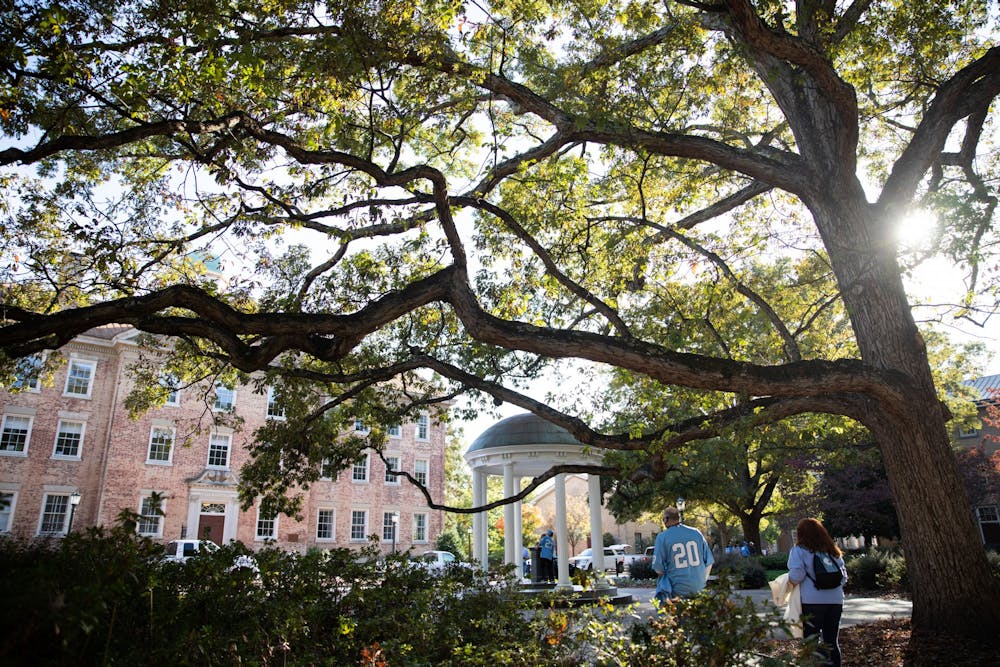UNC is one of the most affordable flagship state institutions in the country, according to a report by the Institute for Higher Education Policy.
Out of the 50 public universities studied, UNC was among only four schools deemed affordable for low-income students. The study created academic and demographic profiles for five hypothetical students and then determined if, based on this criteria, the student would be able to afford attending each institution.
“We’re very pleased and very proud that we are measured as affordable,” Rachelle Feldman, associate provost and director of scholarships and student aid, said. “It’s one of the main goals of our mission as a public institution.”
The University of Arizona, the University of Michigan and the University of Wisconsin-Madison were among the other schools to be highlighted as affordable for low-income students.
“We realize that all state public institutions are under enormous financial pressure — us included,” Feldman said. “Our state has worked hard to keep in-state tuition relatively low compared to other states and has funded us accordingly. The administration of the University and the Board of Trustees, really everyone on every level in Chapel Hill, had kept our commitment to meet students’ demonstrated need, even in times when that was financially difficult.”
The report noted Carolina Covenant, a program ensuring that qualifying low-income students will graduate from the University debt-free.
Candice Powell, director of Carolina Covenant, said Covenant scholars also have access to extensive resources, such as a mentorship program and partnerships with student support services across campus.
“Our scholars bring immense talent and rich diversity of experiences to the University,” Powell said. “Our program is part of the University commitment to get the best talent regardless of family income.”
Powell said the Carolina Covenant program was the first of its kind and set a precedent for a national model. She also said many graduated Covenant scholars have committed to giving back to the program — 12 percent of current donors are former students.




